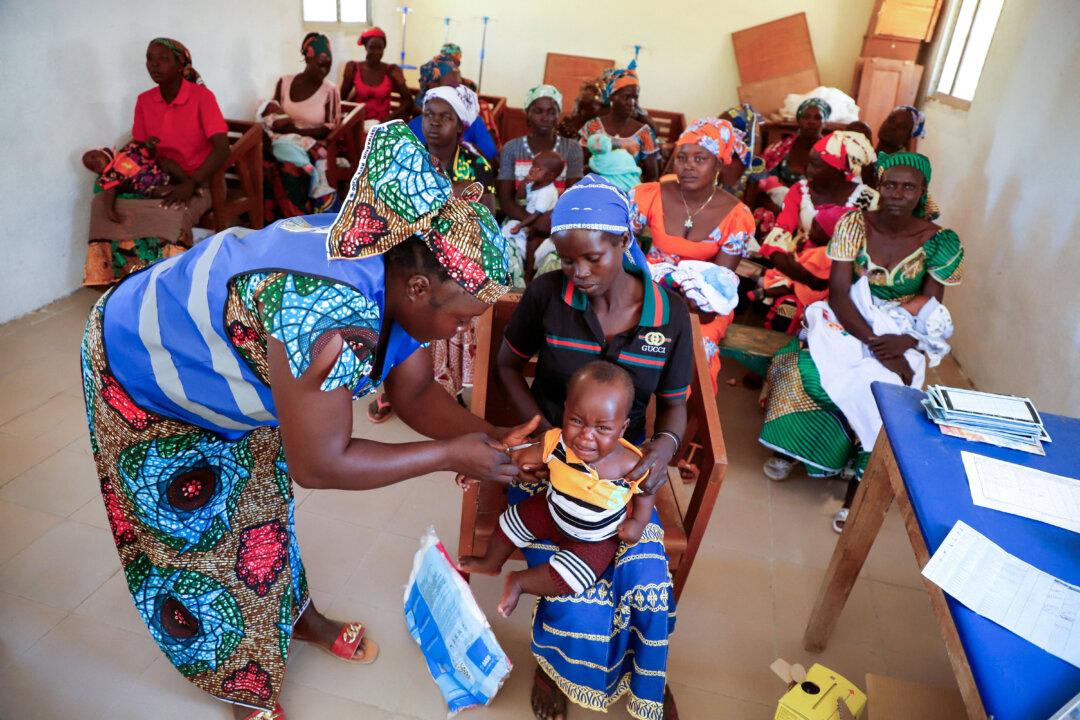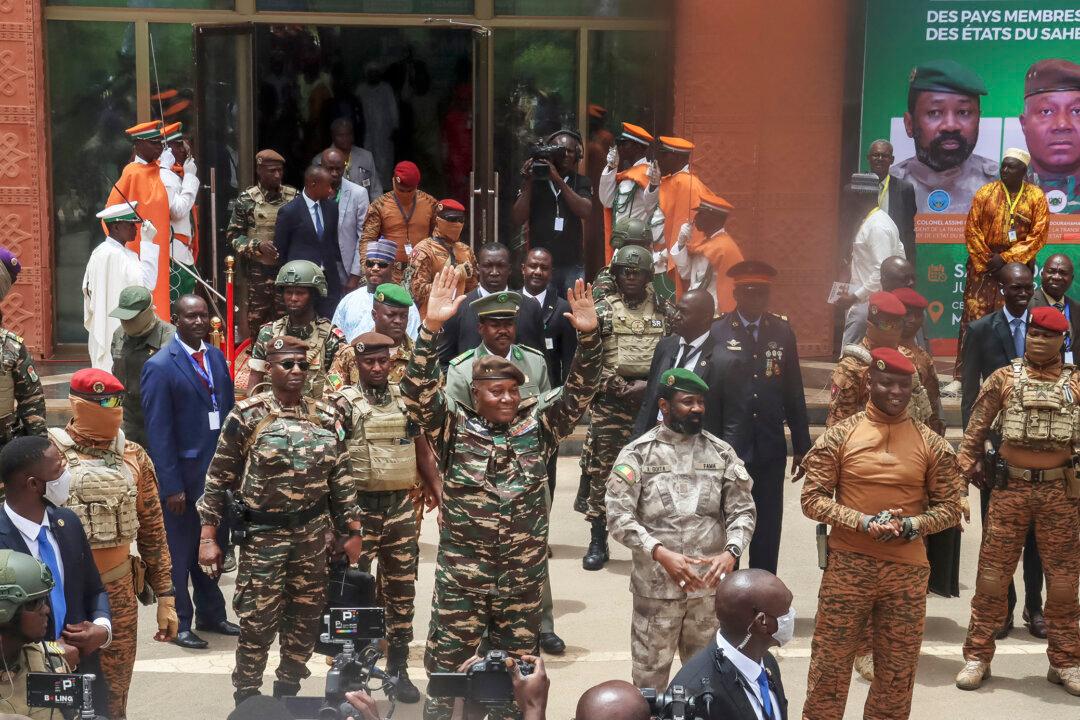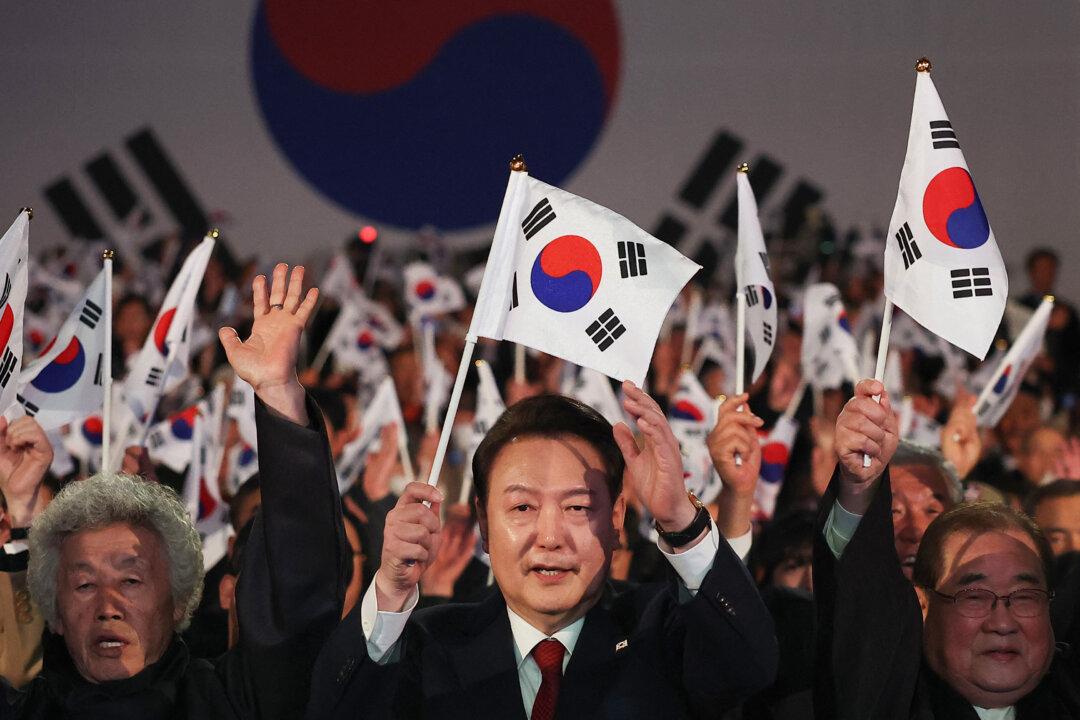Prince Hansel Ndi Mbanyamsig was drinking in a bar, while Cletus Aburo Njohgo was in his home that fateful afternoon on Oct. 4, 2023, when four gun-wielding Cameroon anglophone separatist fighters came for them.
The two farmers in their 40s were then forcefully brought to a market square in Guzang, Batibo district of the country’s war-torn northwestern region, with a heavy charge leveled against them: spying for the Cameroonian military.





